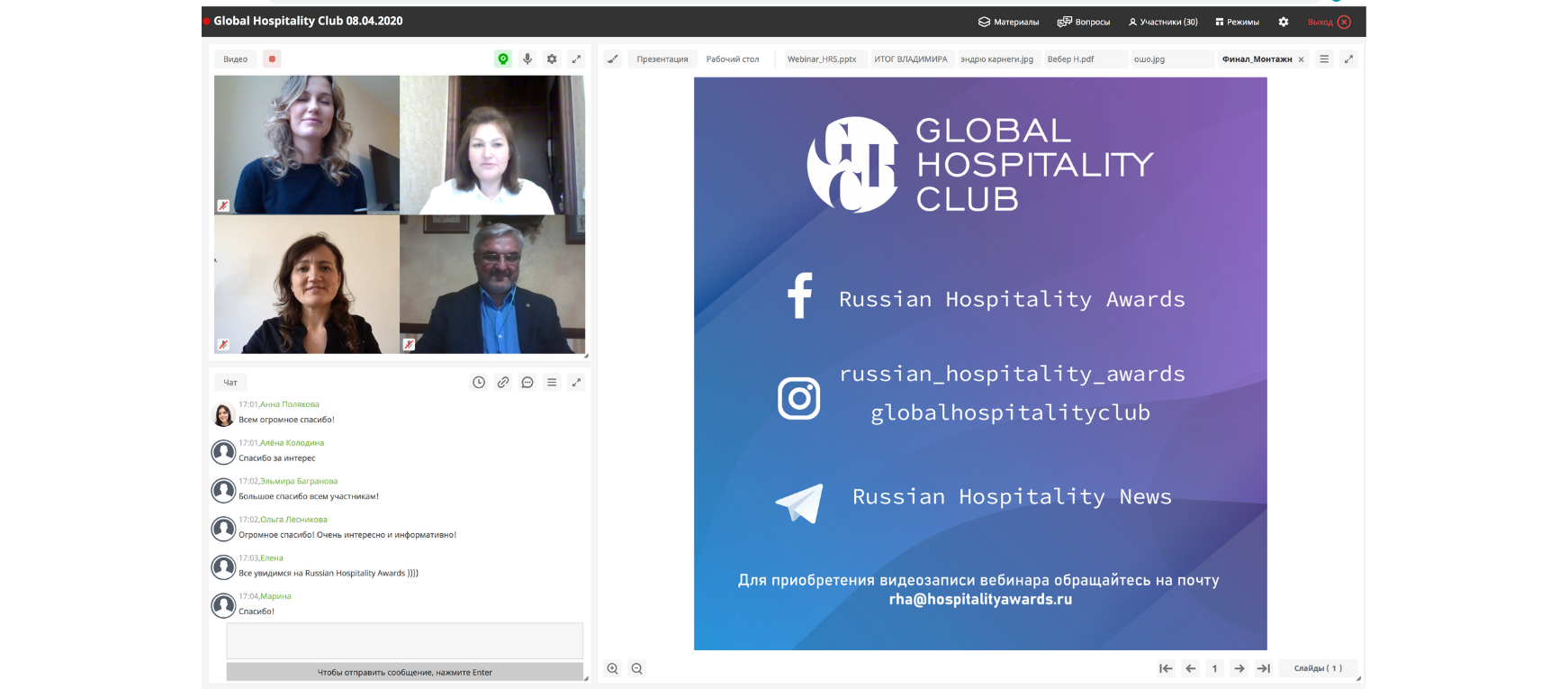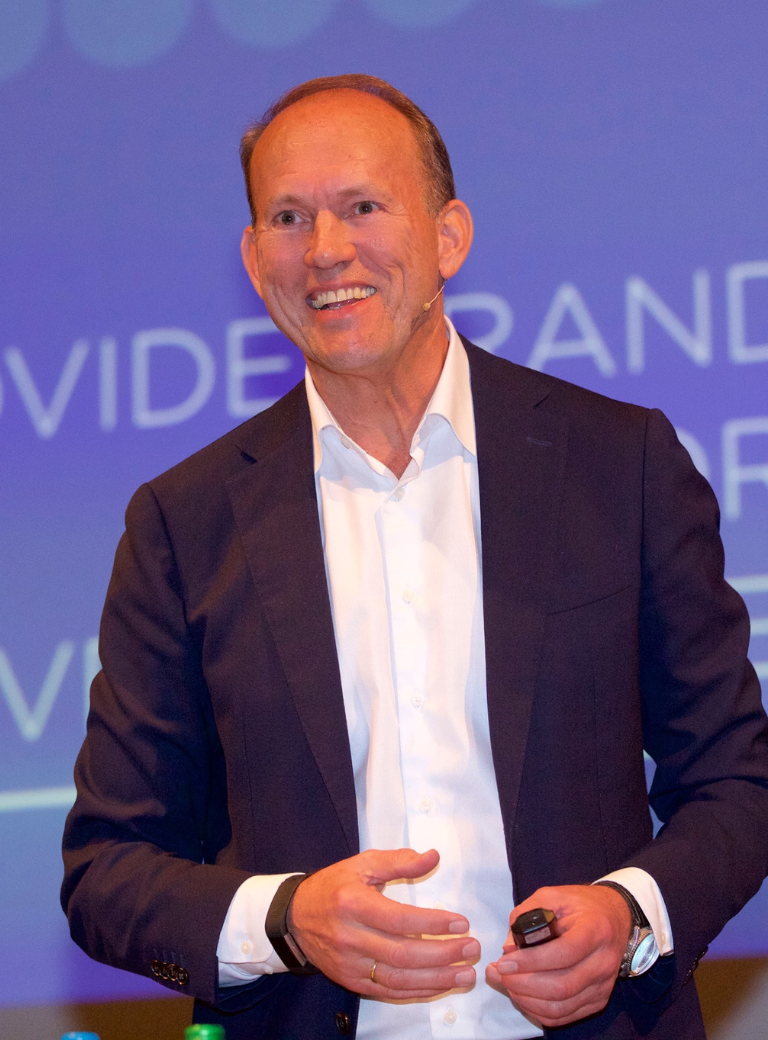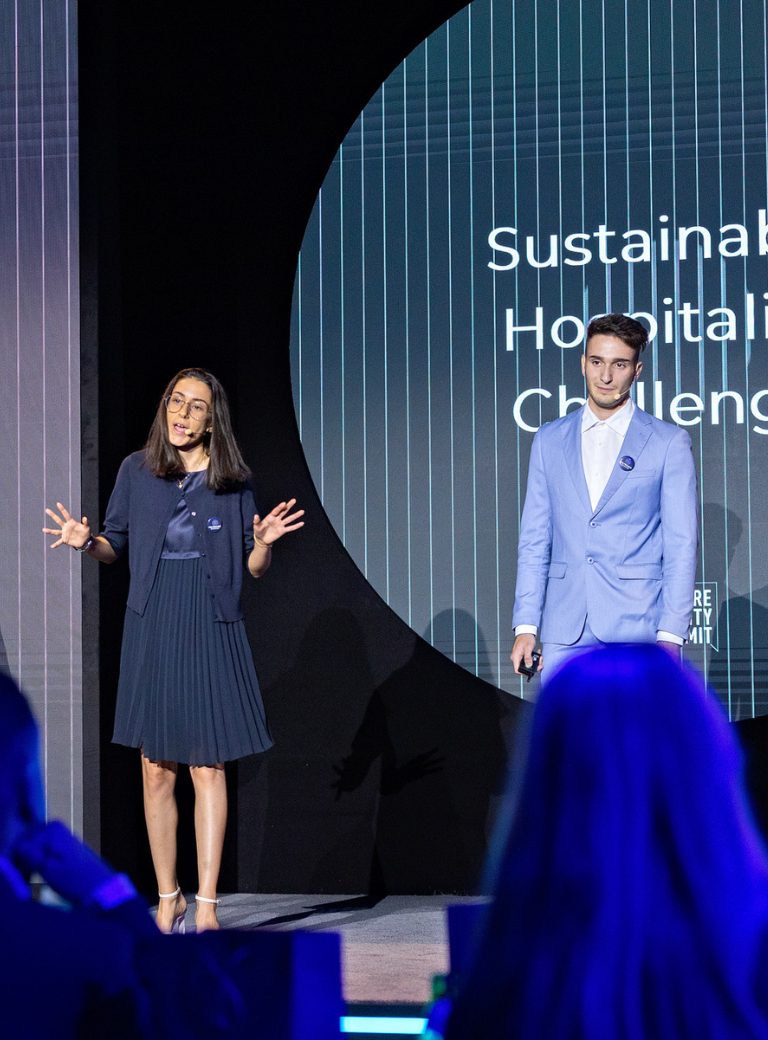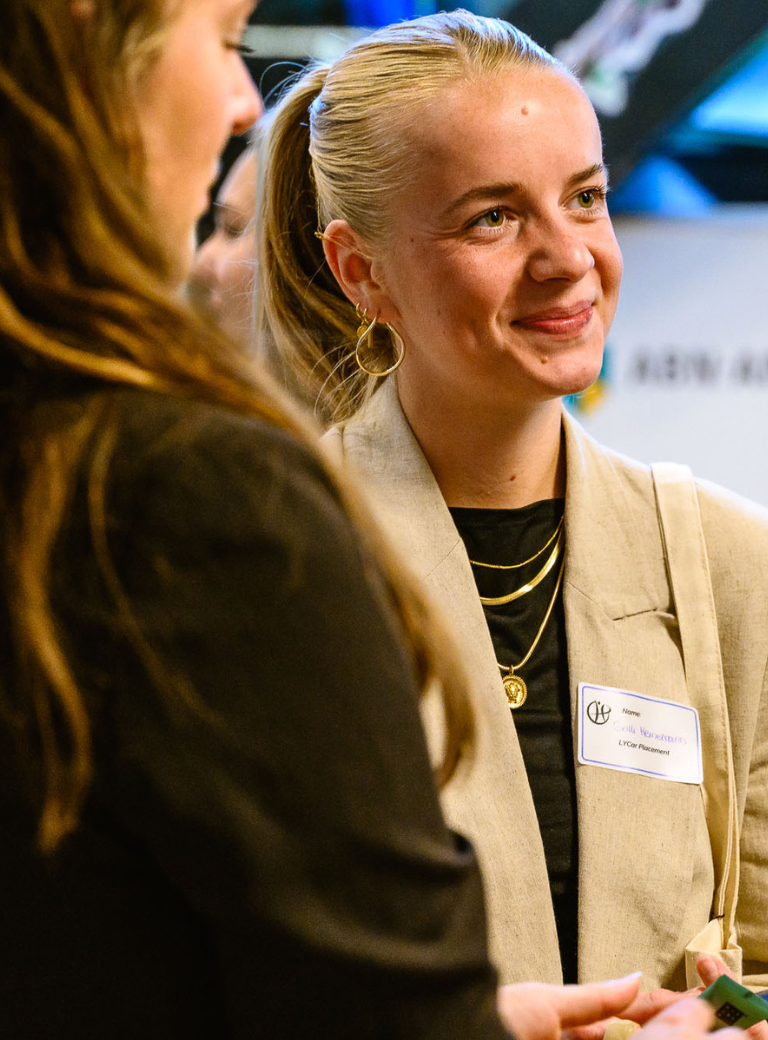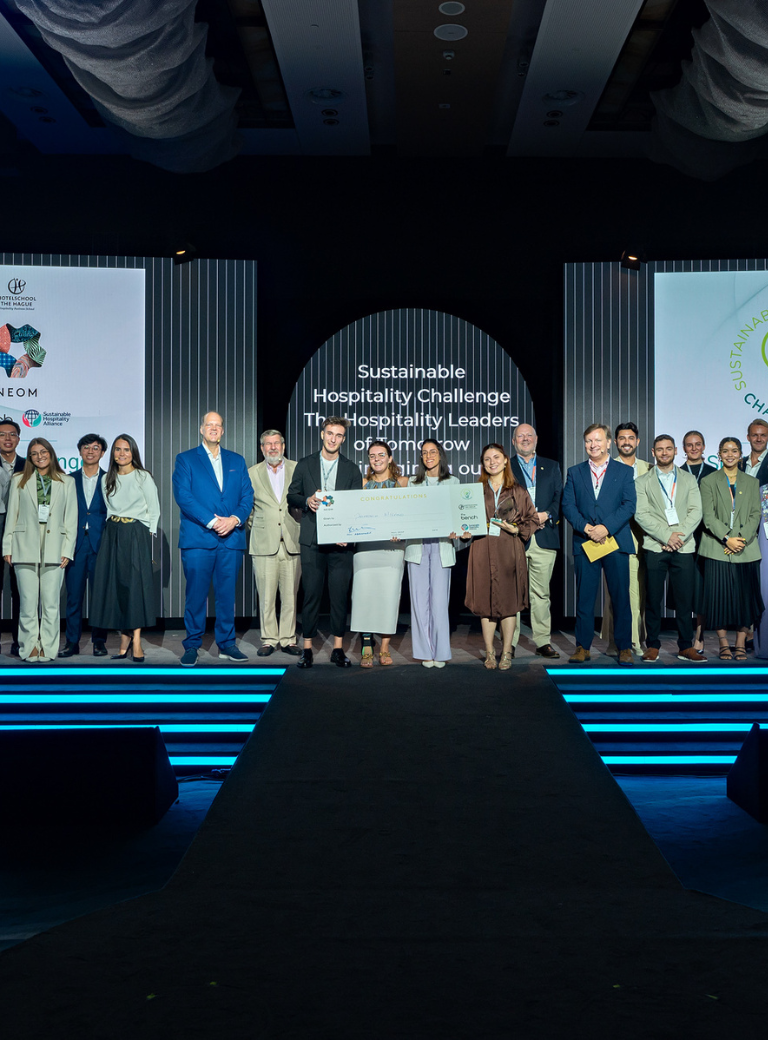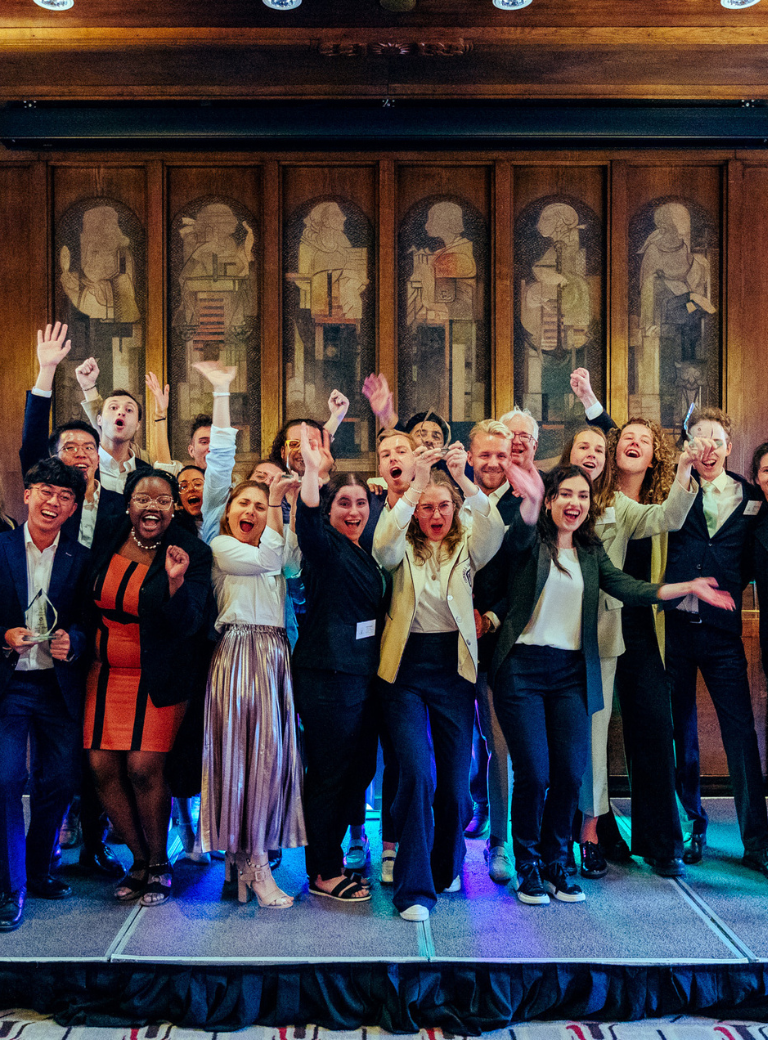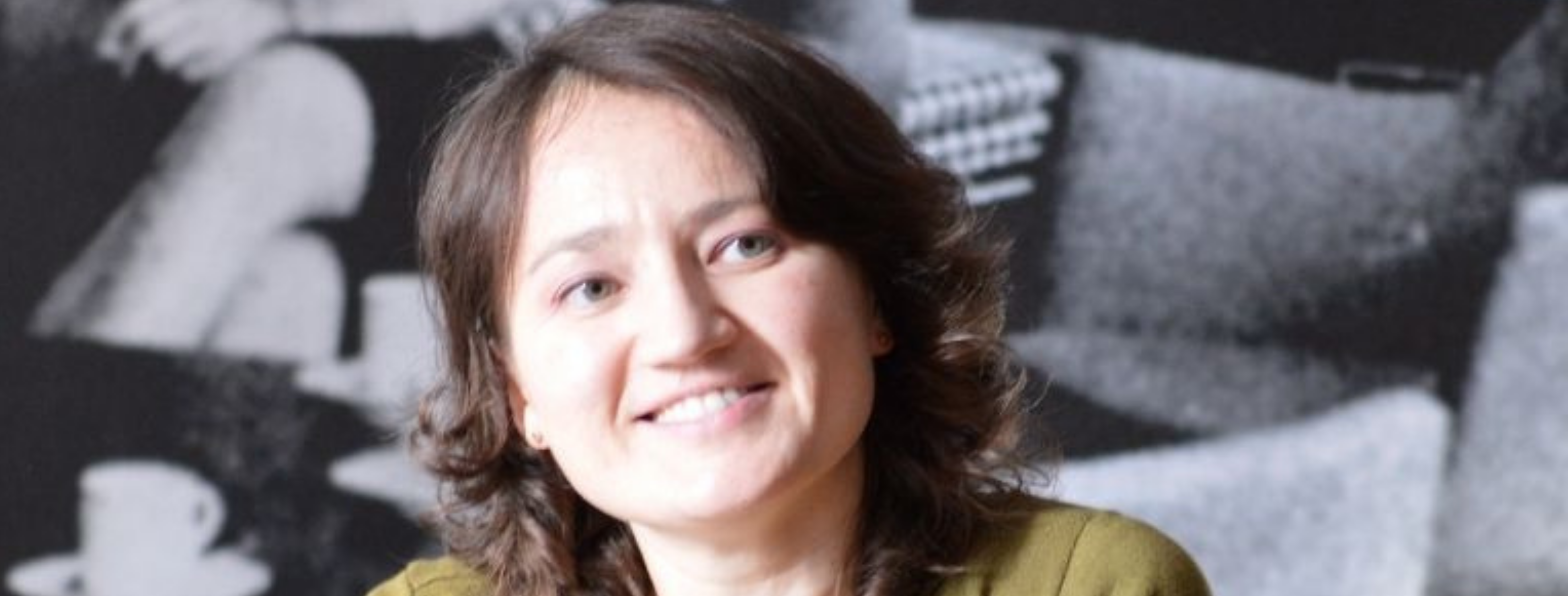
Webinar on strategies and planning during the pandemic
On 8 April 2020, our Revenue Management expert and researcher Larissa Koupriouchina was invited to share her insights with Russian hotel managers in the webinar ‘Strategies and planning during the pandemic: European hotel experiences, Russian realities’, organized by the Global Hospitality Club. Other speakers in the event were Vladimir Efimov, managing director Eastern Europe and Central Asia for HRS, and Natalia Weber, director PR and Marketing of the Greek chain Aldemar Resorts.
Click here to read about the webinar.
Thanks to our cooperation with OTA insights, in her presentation Dr. Koupriouchina could share detailed and up-to-date numbers on how hotel performance indicators had evolved recently throughout Europe, with RevPAR declines of up to 86% in Rome and 75% in Paris. With decreases of 44% and 48% (STR) also St. Petersburg and Moscow are starting to notice the impact of the crisis. With a detailed comparison of pricing policies in Amsterdam and the two Russian cities, Dr. Koupriouchina could show similar patterns of hotels adjusting their prices downwards (for the risks of price dumping, see also Why price dumping is not smart by our colleagues prof. Jean-Pierre van der Rest and Paul Griep). Other important indicators were the drop in bookings with longer lead times in China, and the negative sentiment among hoteliers in Europe.
The purpose of the webinar was to provide hotel professionals also with practical insights and best practices about how to address the challenges of the COVID-19 crisis in the coming months. As elsewhere, hoteliers need to decide on their course of action both if their hotels have to close and if they can stay open. First, urgent crisis management actions must aim at stabilizing the financial situation of the company: contact with lenders and suppliers, possible (partial) closure of the hotel and its consequences for employees and the possibility of access to state support. Then, the short term actions to take include staying in contact with the hotel’s clients, and temporarily seeking new segments such as long stay guests, health care workers or quarantined guests.

In the longer term, hotel companies have to start planning for the business recovery stage. Dr. Koupriouchina’s presentation showed a number of creative solutions illustrating how hotels deal with the change is usual demand levels to find new segments. These included Zoku’s ‘workloft’, offering professionals a quiet and focused working space in these days or confinement, and the original Home Suite Home by Hotelschool The Hague alumnus David Kijlstra among others, which offers people a hotel experience in their own home. Other examples were those of the US hotels associated in the American Hotel and Lodging Association offering accommodation to health workers, or Red Roof with an initiative aimed at students. Finally, the presentation showed best practices in transparent communication such as those by CitizenM hotels or, again, Red Roof.
